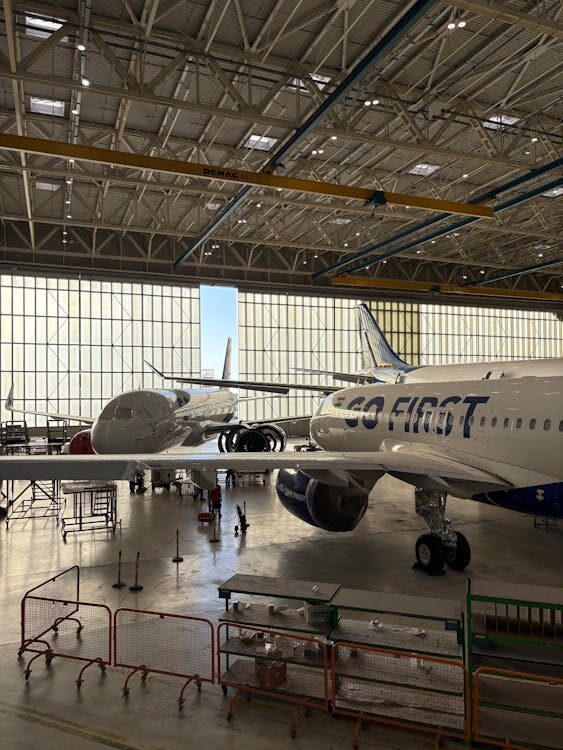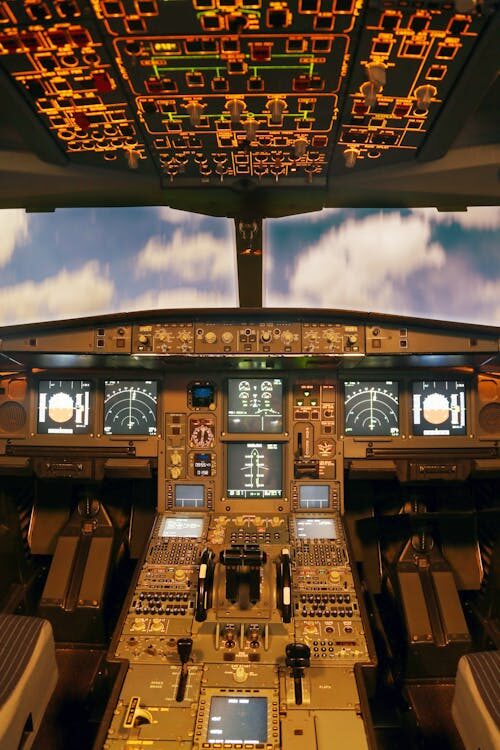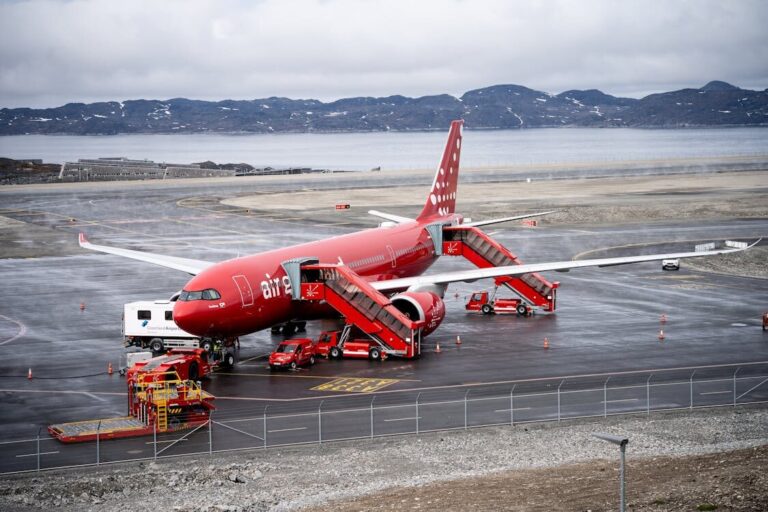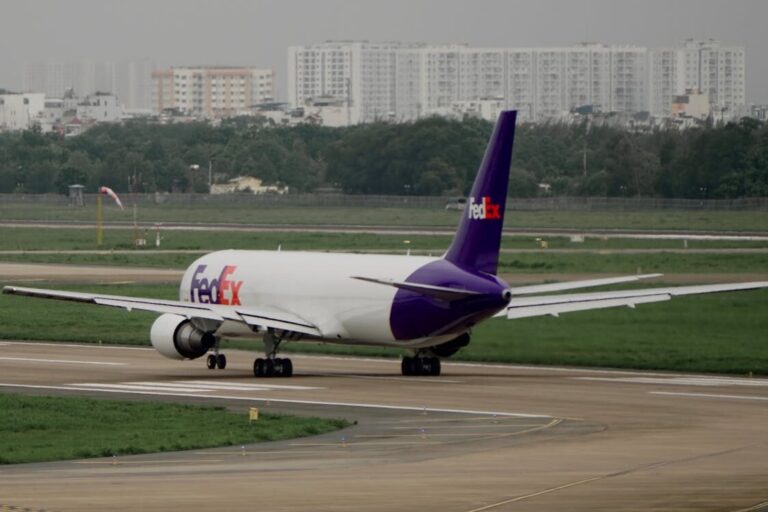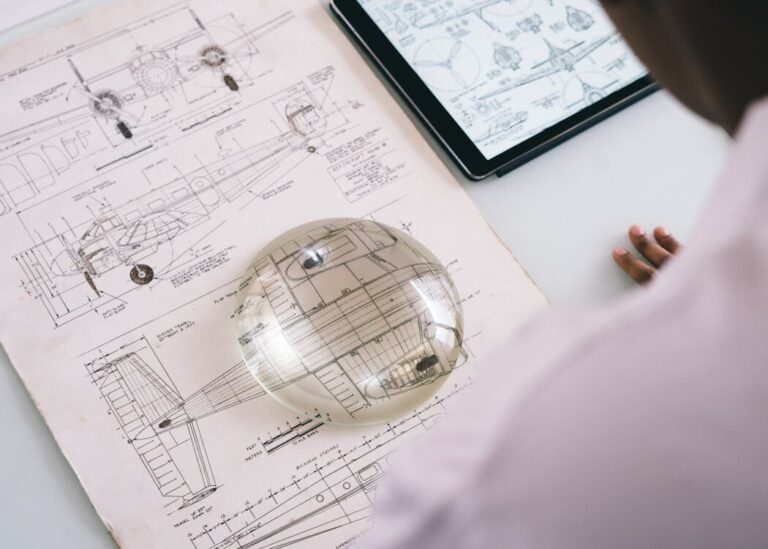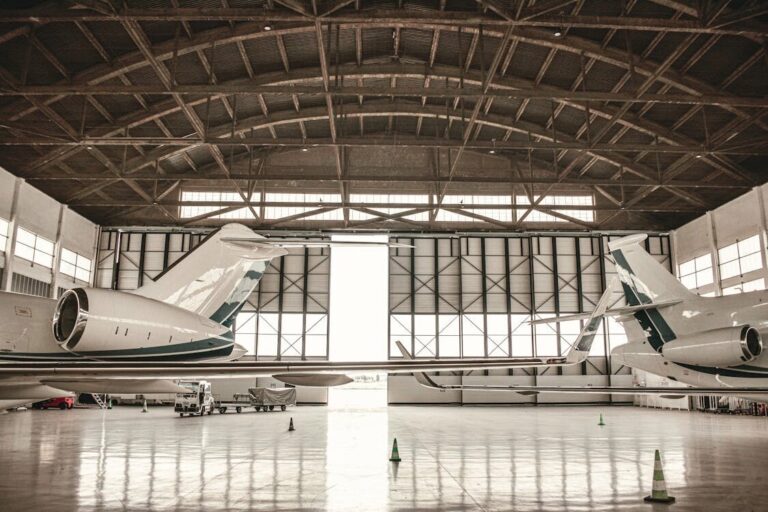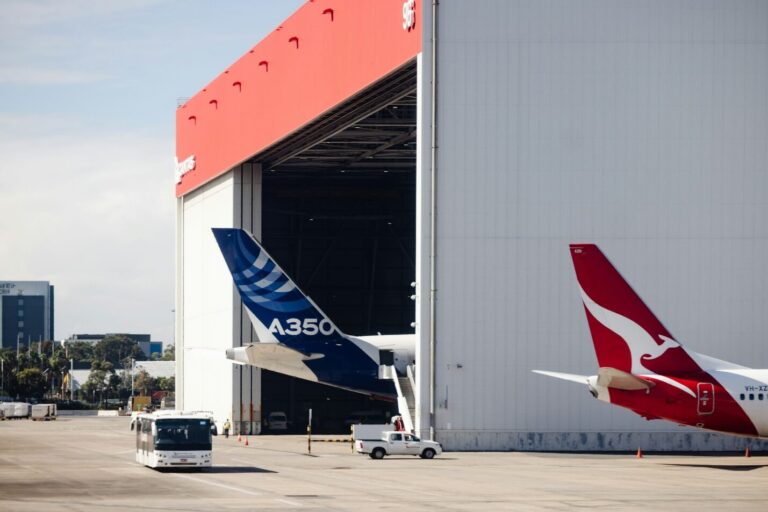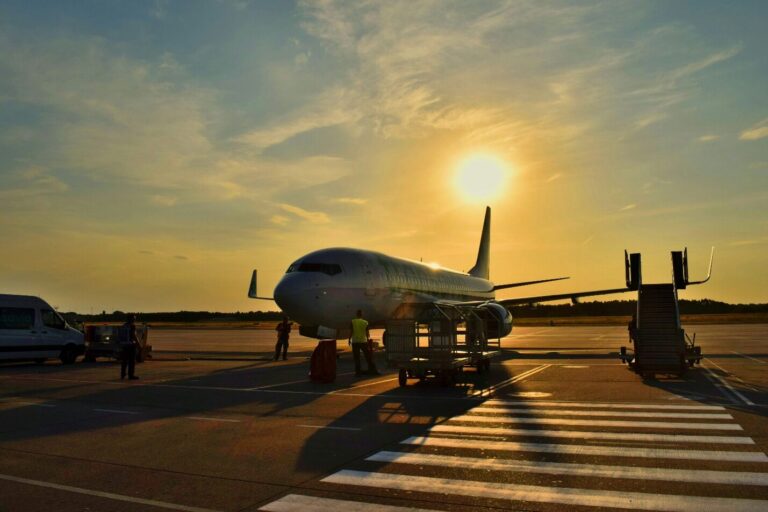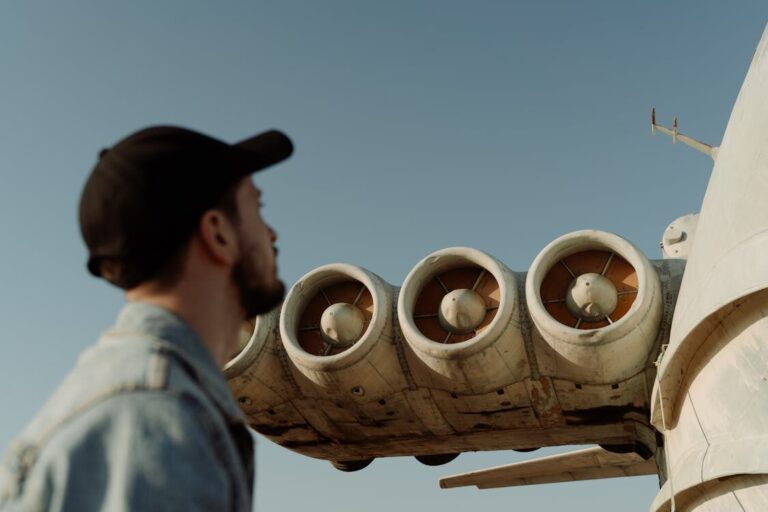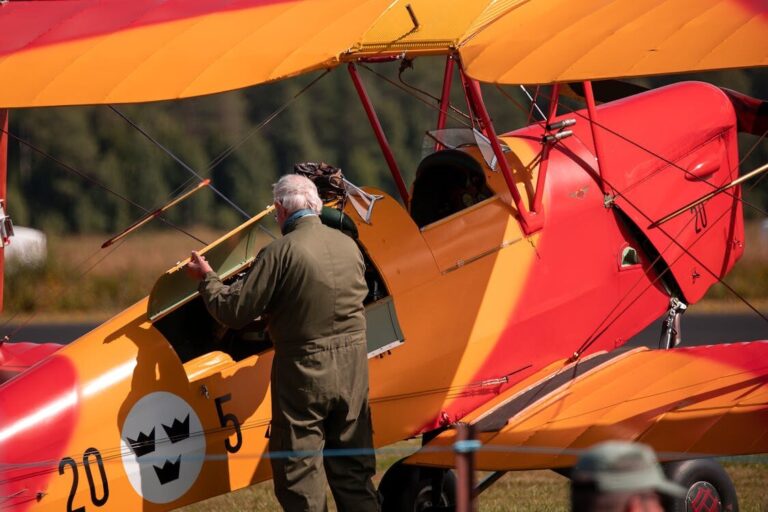
AI Co-Pilots & Hydraulic Systems: Why Next-Gen Mechanics Need Hybrid Skills
As artificial intelligence (AI) transforms the skies, a new kind of aviation professional is emerging—one who understands both mechanical systems and machine learning. Today’s aircraft mechanics and technicians are no longer just wrench-turners. They’re hybrid thinkers who combine traditional system mastery with cutting-edge digital insight.
So what does that mean for aspiring aviation professionals? It means that learning aircraft systems isn’t just about hydraulics or pneumatics anymore—it’s about seeing how these systems interact with predictive algorithms, self-monitoring components, and digital diagnostics.
AI and Aircraft Maintenance: The Shift Has Begun
A 2024 study spotlighted predictive maintenance technology that can detect anomalies in aircraft systems before failures occur. These models rely heavily on AI to interpret large streams of operational data in real time. While pilots and onboard systems may benefit immediately, it’s the ground crew—engineers, techs, and mechanics—who must ultimately understand the data and act on it.
That’s why foundational training in traditional systems is still non-negotiable. If AI points to hydraulic pressure loss or actuator fatigue, the human mechanic must interpret and resolve that issue quickly and correctly. AI enhances maintenance—it doesn’t replace it.
This is where aircraft systems training becomes your career’s backbone.
Why Learning Hydraulic Systems Still Matters
Hydraulic systems power everything from landing gear to thrust reversers. If you’re aiming to work on legacy jets like the B757 or newer models like the 777, system knowledge is still a ticket to getting hired—and staying relevant.
Courses like Gen Fams’ B777 gen fam course break down these components in clear, accessible ways. You’ll explore diagrams, trace system routing, and understand what happens when pressure drops mid-taxi. Whether you’re a beginner or brushing up before a job interview, this knowledge builds confidence and credibility.
The same goes for Airbus. In the Airbus A320 general familiarization course, you’ll cover hydraulic architecture, redundancy design, and electronic controls—the foundations every next-gen mechanic must understand before tackling AI diagnostics.
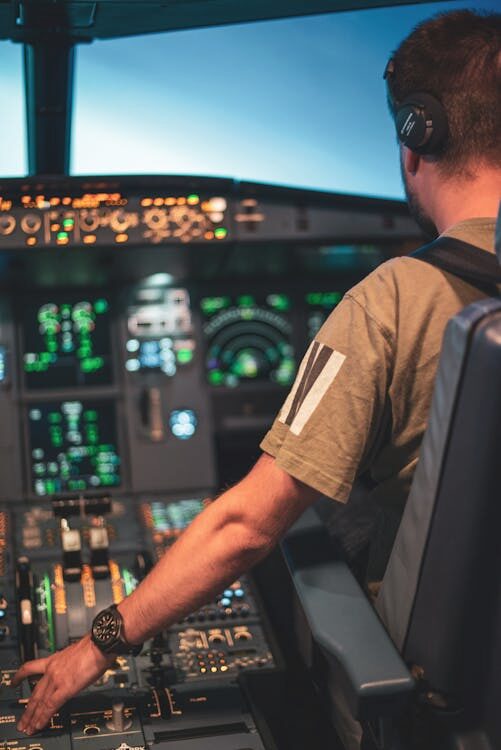
Hybrid Skills = Better Job Opportunities
Employers are looking for more than just techs who can turn a wrench. They want team members who can talk the language of predictive maintenance, who can interpret fault codes, and who understand when a mechanical system must be physically inspected.
That’s why Gen Fams’ curriculum isn’t just theoretical. It blends practical aviation knowledge with visual instruction, layered for all experience levels. You’ll gain experience with ATA chapters covering hydraulics, pneumatics, avionics, and electrical systems.
Want to specialize? Take the B737 gen fam course online—a smart move for those eyeing jobs at Southwest or in cargo operations. Interested in widebodies? Try the A330 gen fam course online, increasingly relevant in both passenger and cargo fleets across Cincinnati, Honolulu, and Europe.
The Advantage of Online Aviation Courses
Gen Fams is pioneering a flexible learning model for modern aviation professionals. No campus, no commute—just robust, interactive modules that let you build your career from home. Each aircraft general familiarization course offers lifetime access, ADA-friendly visuals, and a serial-numbered certificate recognized by industry employers.
These are not “crash courses.” They’re thorough, immersive programs. From Boeing systems crash course for beginners to deeper studies in Airbus tech, the goal is simple: to prepare you for the real world of aircraft diagnostics and decision-making.
Ready to Future-Proof Your Skills?
The future of aviation maintenance is hybrid. Tomorrow’s mechanics will need to blend digital insight with physical system expertise—and Gen Fams is where you start.
Want to build a career on solid systems knowledge? Start with the A320 online gen fam course or explore Gen Fams’ full range of aviation online training courses. Need help deciding? Reach out via contact us for personalized guidance.
You’re not just learning about jets. You’re preparing for a future where hydraulics and AI co-pilot your career.
Learn more about us and explore the next step in your aviation journey today.

